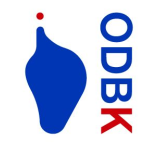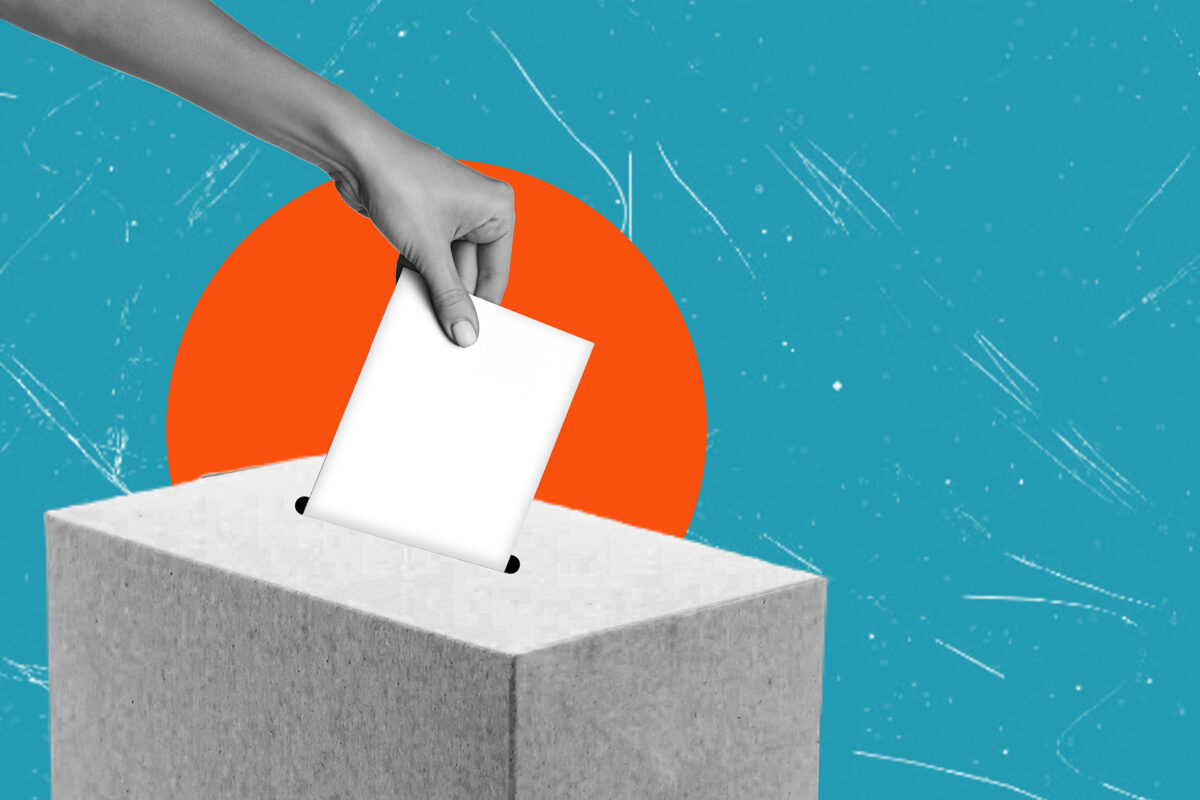By Nycole Cunha
Art has always been more than an aesthetic experience, it is a mirror of society, a tool for change, and a language that transcends borders. Art is a deeply human experience, one through which we can explore and express our most profound emotions, thoughts, and stories. Furthermore, it allows us to connect with others across time and space, to share perspectives, and to engage in conversations that might otherwise remain unspoken, through art, we can both reflect on the world around us and imagine the possibilities of a better, more inclusive future. It goes without saying that the significance of democratizing art is immense, it is not only about expanding who can see it, but also about amplifying who can create it, share it, and shape its narratives. In a world facing deep social, economic, and political inequalities, ensuring equal access to artistic creation is an urgent step toward a more just and inclusive society.
Throughout history, art has served as a powerful means to inspire movements, challenge systems, question dominant narratives, and give voice to those who have been historically marginalized. Art also plays a crucial role in preserving collective memory, documenting both struggles and triumphs that might otherwise be forgotten. Whether through murals, literature, performance, or visual installations, artistic expression has continually shaped the way societies see themselves and the world around them, continuously pushing for social transformation. These works not only raise awareness, but also invite the people to see themselves as active participants in building a better future, reminding us that change is both possible and necessary, and that every voice matters in the ongoing story of humanity.

